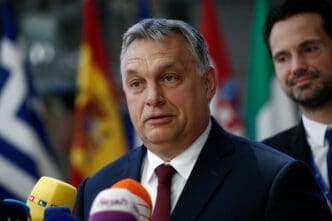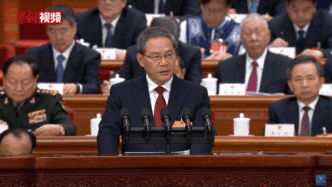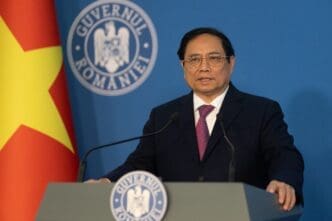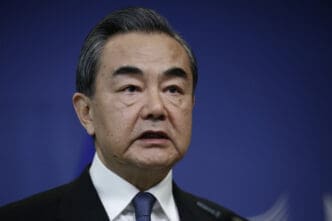In a decisive appeal backed by strategic urgency, NATO Secretary-General Mark Rutte has initiated a renewed emphasis on the need for European nations to bolster their defense budgets. This push comes in light of the shifting geopolitical landscape as Donald Trump returns to the White House.
The call to action was made during a recent meeting of NATO foreign ministers in Brussels, where Rutte highlighted the importance of reversing the trend of defense budget cuts that have persisted since the end of the Cold War. He pointed to the annexation of Ukraine’s Crimea by Russia a decade ago as a pivotal moment that initially inspired the 2% GDP spending target for member nations, a target many still struggle to meet.
With the renewed Russian aggression in Ukraine, NATO has reconfirmed that the 2% figure should serve not as a target but as the minimum threshold for defense spending. However, about a third of the allies have yet to meet this benchmark, raising concerns about the alliance’s unified defense capabilities.
As Trump’s presidency commences, his prior willingness to confront NATO members over their defense expenditures casts a shadow of doubt on the alliance’s cohesive strength. Trump’s earlier threats to withdraw support from nations not meeting their financial obligations have caused unease within NATO, despite the foundational principle of collective defense against any aggression.
Rutte underscored the importance of maintaining and even enhancing deterrence capabilities, stating, “If you want to keep the deterrence at the present level, 2% is not enough.” This sentiment was echoed by other NATO leaders, including the British Foreign Secretary David Lammy, who emphasized the urgency of the situation.
The alliance is also adapting its strategic posture to counter threats from Russia, with a significant plan to mobilize up to 300,000 troops within 30 days to protect vulnerable regions from the Arctic down to the Black Sea. To implement this ambitious security plan, some leaders suggest defense spending might need to increase to 3% of GDP.
U.S. Secretary of State Antony Blinken, representing the most militarily robust member of NATO, spoke in Brussels about the necessity for all allies to step forward in boosting their commitments. He articulated the benefits of a fortified NATO: enhanced capabilities to deter threats and sustain global peace.
Moreover, there is an emphasis on the need for a robust European defense industry, as current manufacturing capabilities are lagging in both quantity and delivery speed. The shift towards increased production is seen as vital, given the ongoing drain on Western armament stocks due to the Ukraine conflict.
Rutte pointed out the economic inefficiencies plaguing the defense sector, noting that some nations have already turned to foreign markets to meet their military equipment needs. This scenario has spurred discussions on setting specific production targets for NATO countries to ensure readiness and cost-effectiveness.
The evolving challenges faced by NATO underlined by Secretary-General Rutte underscore a critical period for European defense strategy. With potential shifts in U.S. policy under Trump’s administration, the alliance’s unity and preparedness are of paramount importance. Increasing defense budgets is not only a strategic imperative but a necessary step towards maintaining security and stability across the member nations.
Source: Apnews








